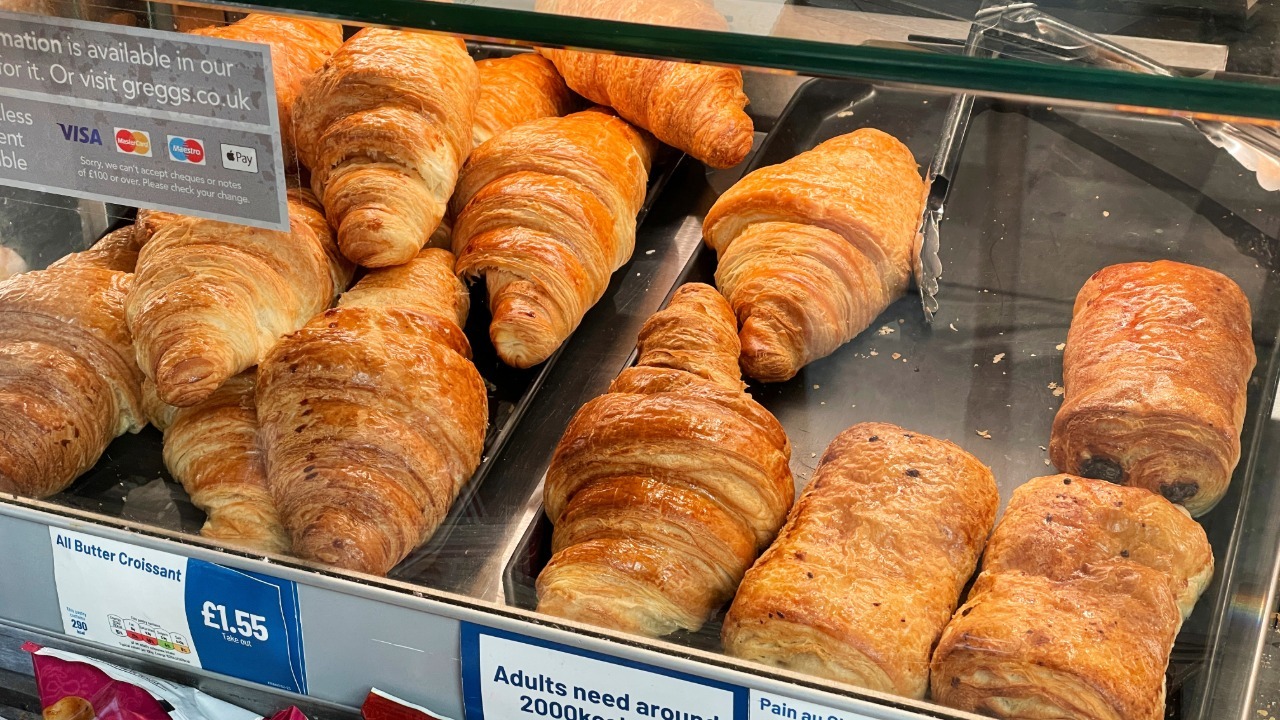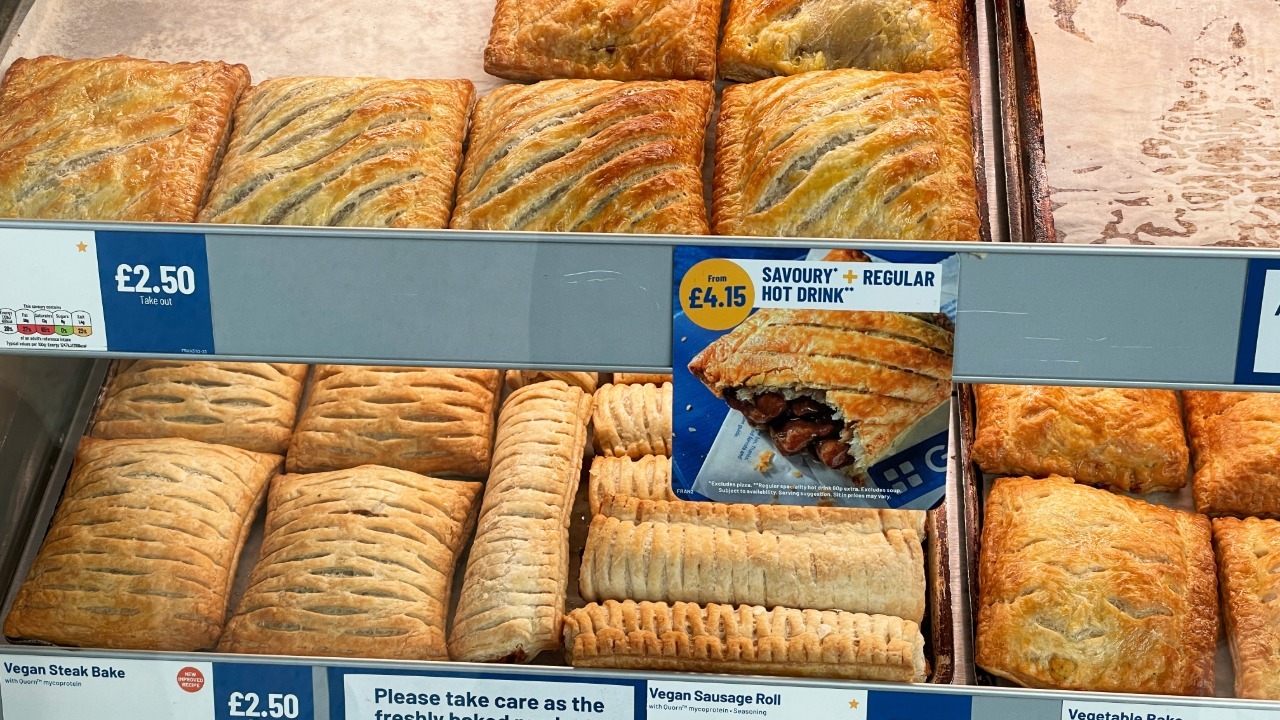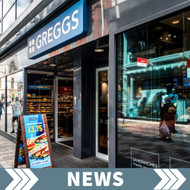Greggs Price Rise: The Cost of Wages, National Insurance, and a Shifting Economy
Posted by Emma on 3rd Oct 2025 Reading Time:
Greggs, the bakery chain synonymous with sausage rolls and affordable breakfast deals, is set to increase prices across a range of items as it grapples with the mounting burden of employment costs. From Thursday, customers will see the cost of its popular two-item breakfast deal climb from £2.95 to £3.15, while the three-item option will rise from £3.95 to £4.15. Everyday favourites such as croissants, corned beef bakes, and its empire biscuit will also increase by 5p.
Chief executive Roisin Currie confirmed that the company’s wage bill has surged due to the increase in the national minimum wage and an unexpected rise in employers’ national insurance contributions. The latter alone has cost Greggs an additional £20 million this year.
“Without those factors, the outlook improves,” Currie remarked, underlining that wage pressures remain one of the single biggest cost challenges for the chain. “We do our best to keep prices as low as possible,” she added, but admitted that in the face of persistent inflationary pressures, price rises have become unavoidable.

Fragile Consumer Confidence
The decision to pass on higher costs to customers comes at a delicate moment for the high street. Consumer spending remains cautious, with many households saving what little disposable income they have, or choosing to spend selectively on items perceived as offering the best value.
Currie emphasised the importance of stability in government policy, warning that “what’s not helpful are surprises.” With the November Budget looming, she called for greater predictability, urging ministers to provide “reasonable notice and good lead time” on any regulatory or fiscal changes.
“The government need to be attuned to pressure on people’s incomes,” she said. “It’s tough out there. Even when people have disposable income, they’re saving, and when they’re spending, they’re spending wisely.”
A Summer of Mixed Fortunes
Greggs has not only had to contend with structural cost pressures but also with unexpected seasonal disruption. A summer heatwave dented demand for hot pastries, contributing to weaker-than-expected sales growth. Like-for-like sales in the third quarter rose just 1.5%, compared with 2.6% in the first half of the year.
Industry analysts argue that Greggs cannot rely on sales volume alone to offset rising expenses. Alex Smith of research firm Third Bridge noted: “National insurance increases and new employment regulations are pushing up operating expenses, and management may have to lean on tiered price increases across popular categories to protect margins.” However, he cautioned that this strategy risks alienating Greggs’s price-sensitive customer base.

Expansion Amid Uncertainty
Despite the pressures, Greggs remains bullish about growth. The company plans to open around 120 net new stores this year, focusing particularly on high-footfall travel hubs such as train stations, airports, and motorway service areas, alongside petrol stations, supermarkets, and retail parks. With more than 3,000 shops already trading across the UK, the chain continues to see “lots of opportunity” in southern England, where its presence is relatively limited compared with the north.
Investor sentiment reflects this mixed picture. Shares in Greggs have staged a modest rebound, rising 7% in recent trading, though the stock remains about 40% down on the year amid concerns that the high street may have reached “peak Greggs.”
A Wider Economic Reflection
Greggs’s price rises tell a broader story of Britain’s high street in 2025. Rising employment costs, shifting consumer habits, and an unpredictable policy environment are all converging to challenge businesses that trade on affordability. While the chain’s iconic sausage roll may still be a staple of the British diet, the price at the till increasingly reflects a larger struggle—how companies, workers, and consumers absorb the ripple effects of inflation and government policy.
As Currie succinctly put it: “It’s tough out there.”



